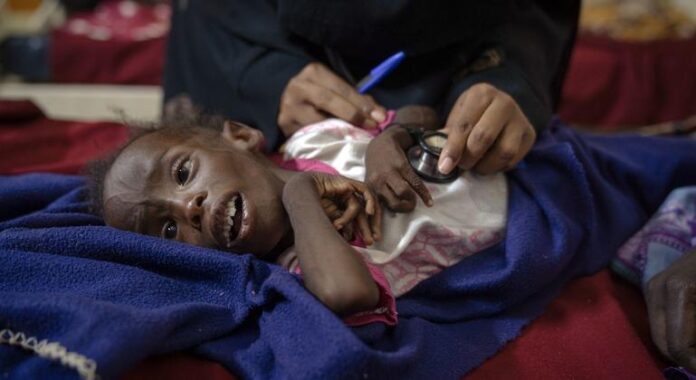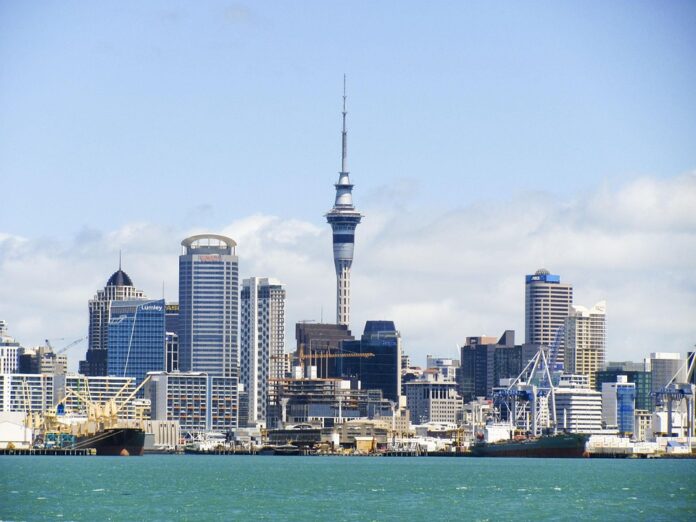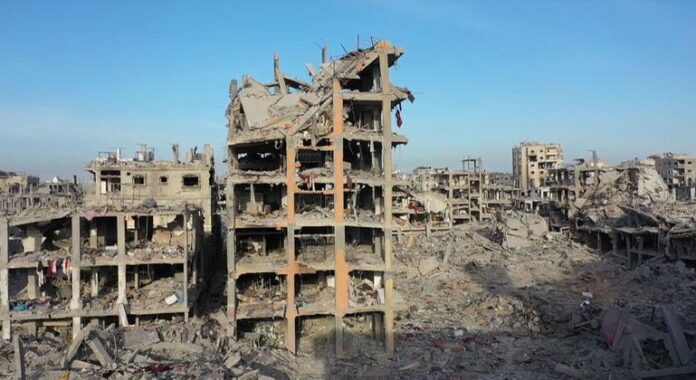Sudan stands at the epicentre of one of the world’s “most severe” humanitarian crises, according to the UN.
Over 30 million people now need urgent humanitarian assistance, among them 9.6 million displaced from their homes and nearly 15 million children caught in a struggle for daily survival.
“This is one of the worst protection crises we’ve seen in decades,” said Kelly Clements, Deputy High Commissioner at the UN refugee agency (UNHCR).
The agency, along with the International Organization for Migration (IOM), the UN Children’s Fund (UNICEF), and the World Food Programme (WFP) have issued a joint humanitarian call to action, appealing for immediate international attention to address “the immense suffering and growing dangers” confronting millions across Sudan.
Return to rubble
As fighting eases in the capital Khartoum and other parts of Sudan, nearly 2.6 million people are returning to damaged homes, many without access to water, healthcare, or education.
“I met people coming back to a city still scarred by conflict, where homes are damaged and basic services are barely functioning. Their determination to rebuild is remarkable, but life remains incredibly fragile”, said Ugochi Daniels, IOM’s Deputy Director General for Operations.
To make matters worse, the spread of diseases such as cholera, dengue, and malaria, combined with soaring malnutrition rates, is putting thousands at imminent risk of death without immediate assistance, according to IOM.
Over 260,000 civilians besieged
Meanwhile, over 260,000 civilians, including 130,000 children, remain trapped under siege in El Fasher, North Darfur, in what the UN agencies have called a “deeply concerning” situation.
For more than 16 months, families have been cut off from food, water, and healthcare. As health systems collapse, reports of killings, sexual violence, and forced recruitment into armed militias continue to rise.
“Entire communities are surviving in conditions that defy dignity”, warned Ted Chaiban, UNICEF Deputy Executive Director.
“Children are malnourished, exposed to violence, and at risk of dying from preventable diseases. Families are doing everything they can to survive, showing extraordinary resolve in the face of unimaginable hardship,” he added.
Young men celebrate the liberation of a neighbourhood in Khartoum in April 2025. (file)
Challenges ahead
So far, the humanitarian response in Sudan has reached over 13.5 million this year.
Despite this, funding shortfalls are making it increasingly difficult for the UN and its partners to deliver the appropriate aid.
Totalling US$4.2 billion, the 2025 Humanitarian Response Plan for Sudan remains critically underfunded at only 25 per cent.
IOM, UNHCR, UNICEF, and WFP remain committed to working together to provide life-saving aid and protection to children and families across Sudan.
“The humanitarian community is ready to respond, but it cannot do it alone —urgent global support is needed to save lives and help communities rebuild”, underscored the humanitarian agencies.










